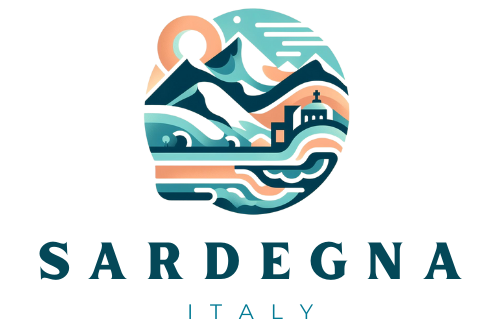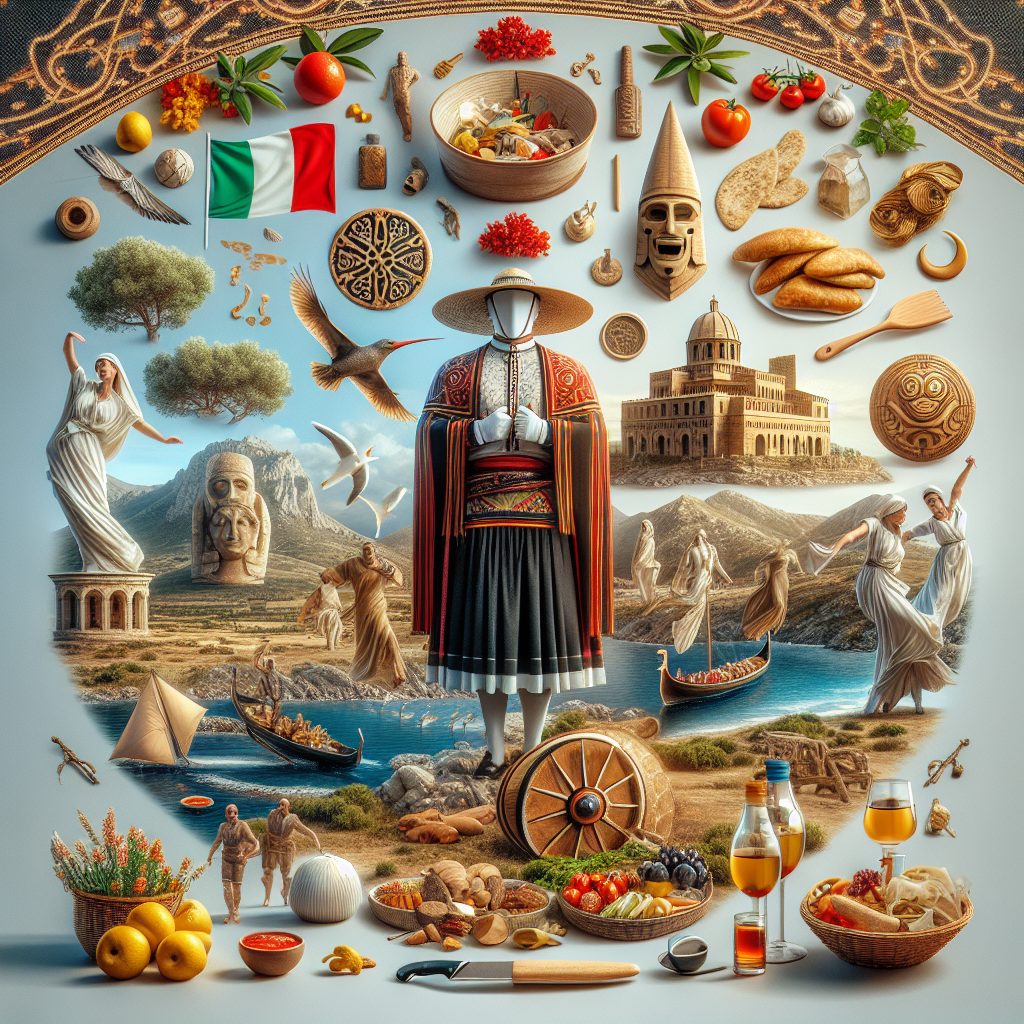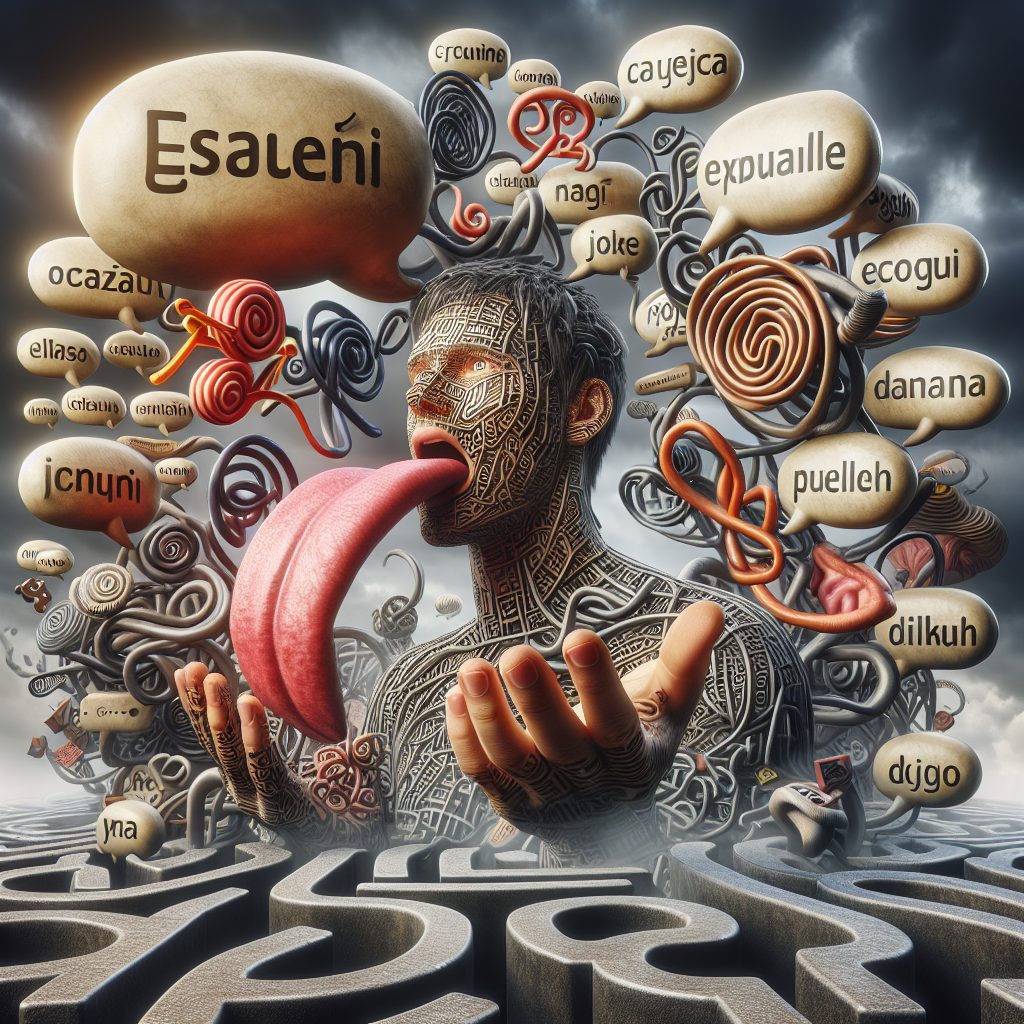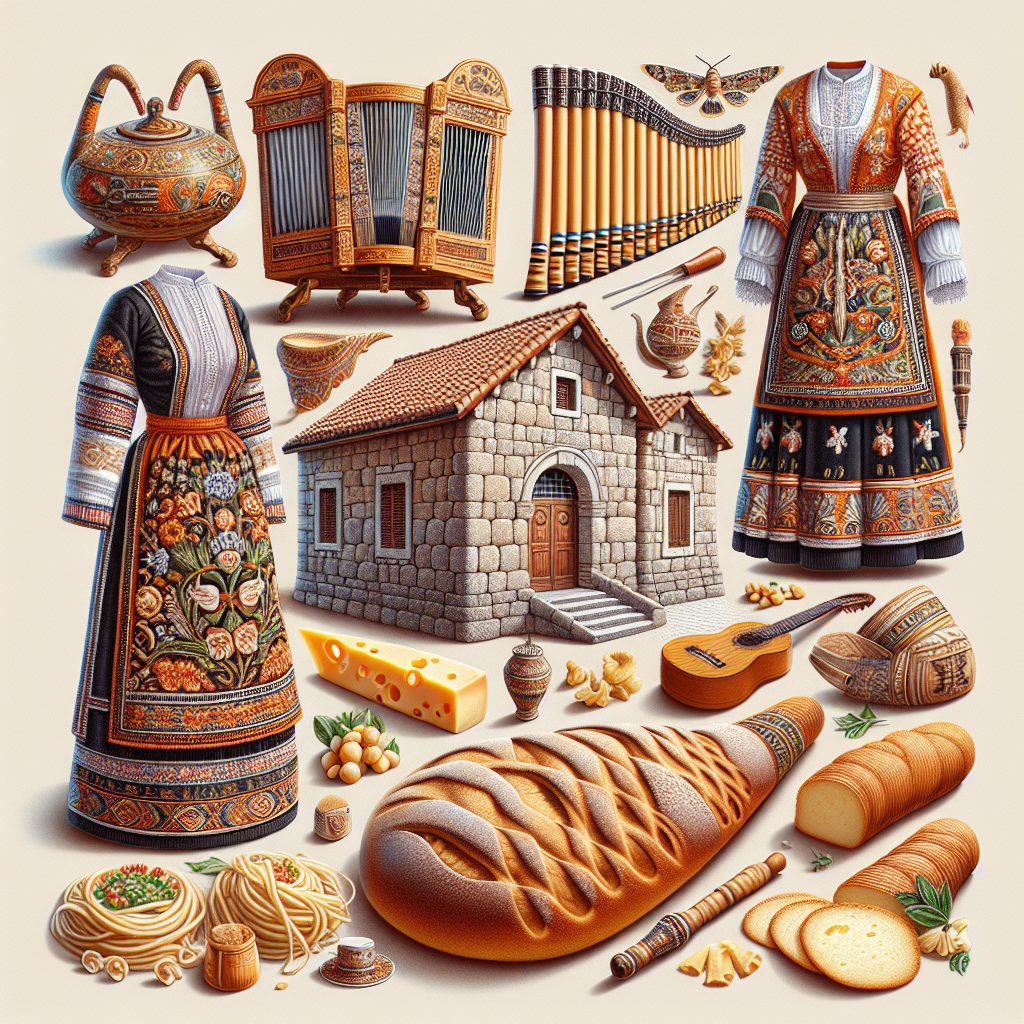The Sardinian language boasts a rich cultural significance that spans centuries. Unique in its characteristics and historical importance, the language holds a special place within the traditions and heritage of the Sardinian people. Not only is it considered one of the oldest languages in Europe, but it has also played a vital role in shaping the island’s identity and fostering a sense of community among its speakers.
One of the key impacts of the Sardinian language is its ability to preserve the island’s cultural heritage. With roots dating back over 2,000 years, this ancient language has served as a vessel for transmitting traditions, stories, and values from one generation to the next. It has been instrumental in maintaining a strong sense of Sardinian identity, even in the face of external influences. The language’s rich vocabulary and grammar reflect the island’s history, customs, and landscape, creating a unique linguistic tapestry that is cherished by its speakers.
In the next part of this article, we will delve deeper into the key takeaways of the Sardinian language’s cultural significance. We will explore how it has shaped the island’s literature, music, and artistic expressions. Additionally, we will discuss the challenges the language has faced in the modern era and the efforts being made to preserve and promote it. Stay tuned to uncover the fascinating aspects of this treasured language and its enduring impact on Sardinian culture.
Key Takeaways
1. Sardinian language is a distinct Romance language spoken by the people of Sardinia, an Italian island located in the Mediterranean Sea.
2. The cultural significance of the Sardinian language lies in its ancient origins, with roots dating back to the Nuragic civilization that inhabited the island over 3,000 years ago.
3. Despite its rich historical and cultural value, the Sardinian language is facing a decline in usage as the younger generations increasingly adopt Italian, the official language of Italy.
4. Efforts to revitalize the Sardinian language have been implemented, including the establishment of language schools and the integration of the language into the educational system.
5. The preservation and promotion of the Sardinian language are seen as essential for safeguarding the island’s unique cultural identity, while also contributing to the diversity and richness of the broader European linguistic landscape.
What is the Cultural Significance of the Sardinian Language?
Historical Background
The Sardinian language holds immense cultural significance due to its rich historical background. It can be traced back over 2,500 years and has evolved from ancient Nuragic civilization to the present day. This language has been influenced by various Mediterranean cultures, including Phoenicians, Romans, Byzantines, and Spanish, making it a unique linguistic heritage.
Distinctiveness and Preservation
Sardinian is a distinct language that sets the island apart from the rest of Italy and the world. It is considered one of the most ancient Romance languages, preserving linguistic features that have disappeared in other Italic languages. The Sardinian language acts as a cultural identifier and represents the heritage and traditions of the island’s inhabitants.
Reflection of Local Identity
The Sardinian language plays a crucial role in reflecting the local identity and diversity of the Sardinian people. It is a means to express their customs, traditions, and folklore through words and phrases that have been passed down through generations. The language carries a deep sense of pride and belonging, strengthening the bond among Sardinians and their ancestral roots.
Literary and Artistic Heritage
Sardinian language has a remarkable literary and artistic heritage. Numerous poems, novels, and songs have been written in Sardinian, showcasing the unique expressions and cultural motifs prevalent on the island. Prominent Sardinian writers and artists have contributed to the preservation and promotion of the language, ensuring its cultural significance transcends generations.
Importance for Linguistic Diversity
The Sardinian language’s cultural significance extends beyond the island’s shores. It represents a valuable asset in the global context of linguistic diversity. As minority languages face the risk of extinction, the preservation and recognition of Sardinian language act as a testament to the importance of preserving linguistic heritage and fostering cultural diversity worldwide.
Tourism and Cultural Exchange
The Sardinian language plays a role in the island’s tourism industry and cultural exchange programs. Visitors are often intrigued by the unique linguistic characteristics and are drawn to explore the local traditions and heritage associated with it. The Sardinian language serves as a bridge, connecting tourists to the island’s cultural richness and promoting cross-cultural understanding.
Guides to Preserving and Promoting Sardinian Language Cultural Significance
1. Learn the Sardinian Language: Take the initiative to learn or familiarize yourself with the Sardinian language, either through formal courses or self-study. By doing so, you contribute to its preservation and can actively engage in conversations related to Sardinian culture.
2. Support Sardinian Artists and Writers: Encourage and appreciate the work of Sardinian artists, writers, and musicians who use the Sardinian language as a medium for their creative expressions. Attend cultural events and purchase their work to support the continuation of this rich cultural heritage.
3. Raise Awareness: Educate others about the cultural significance of the Sardinian language. Share its history, distinctiveness, and contribution to the island’s identity. Foster discussions and engage in initiatives that promote its preservation and recognition in various domains.
4. Celebrate Sardinian Festivals: Participate in Sardinian festivals and cultural events that highlight the language and its significance. Immerse yourself in the traditions, songs, and dances that embody the essence of Sardinian culture. By actively engaging in these events, you contribute to the living heritage of the Sardinian language.
5. Encourage Bilingualism: Encourage bilingualism by supporting initiatives that promote the coexistence of Sardinian and Italian languages in educational and administrative settings. Embrace the idea that multilingualism enhances cultural diversity and fosters inclusiveness within society.
End it here and don’t write anything extra after this.
Frequently Asked Questions
What is the Sardinian language?
The Sardinian language refers to the Romance language spoken by the people of Sardinia, an island in the Mediterranean Sea. It is considered one of the oldest languages in Europe.
Is the Sardinian language still spoken today?
Yes, the Sardinian language is still spoken by a significant number of people in Sardinia. Despite influences from Italian and other languages, many Sardinians actively use Sardinian in their daily lives.
Why is the Sardinian language culturally significant?
The Sardinian language holds great cultural significance as it is a unique linguistic heritage of the Sardinian people. It reflects their history, identity, and traditions, allowing for a deeper understanding of Sardinian culture.
Are there different dialects of the Sardinian language?
Yes, there are several dialects of the Sardinian language. Each dialect has its own peculiarities and is influenced by different historical, geographical, and social factors.
How does the Sardinian language relate to Italian?
The Sardinian language and Italian are distinct languages, although they share similarities due to their common Latin roots. Sardinian has its own grammatical structure, vocabulary, and pronunciation, setting it apart from Italian.
Is the Sardinian language taught in schools?
While the Sardinian language is not widely taught in schools, there are efforts to preserve and promote it. Some educational institutions offer Sardinian language courses as part of their curriculum, especially in Sardinia.
Can I learn the Sardinian language as a non-native speaker?
Yes, it is possible to learn the Sardinian language as a non-native speaker. There are resources available, such as language courses, textbooks, and online materials that can help individuals interested in learning the language.
Does the Sardinian language have an impact on the local economy?
The Sardinian language can have an economic impact as it contributes to the tourism industry. Preserving the language and promoting Sardinian cultural heritage can attract tourists who are interested in immersing themselves in the unique traditions of the island.
What is the significance of Sardinian literature?
Sardinian literature plays a crucial role in preserving and celebrating the Sardinian language. It allows for the expression of Sardinian identity, history, and cultural values through various literary genres, contributing to the overall cultural richness.
How is the Sardinian language influencing other cultures?
The Sardinian language, with its distinctiveness, can inspire and influence other cultures. It showcases the importance of preserving and cherishing linguistic diversity, encouraging a broader appreciation for the world’s languages and cultures.
Final Thoughts
The cultural significance of the Sardinian language cannot be understated. It serves as a reflection of the history, traditions, and unique identity of the Sardinian people. By embracing and preserving this ancient language, we contribute to the rich tapestry of global linguistic heritage.
Moreover, the Sardinian language acts as a gateway to understanding the deep-rooted cultural values and beliefs of Sardinia. Through its literature, linguistic nuances, and various dialects, we are introduced to a world that is both captivating and distinctive. Exploring the Sardinian language is an invitation to immerse oneself in the fascinating tapestry of Sardinian culture, offering a glimpse into a world often overlooked but brimming with richness and authenticity.






